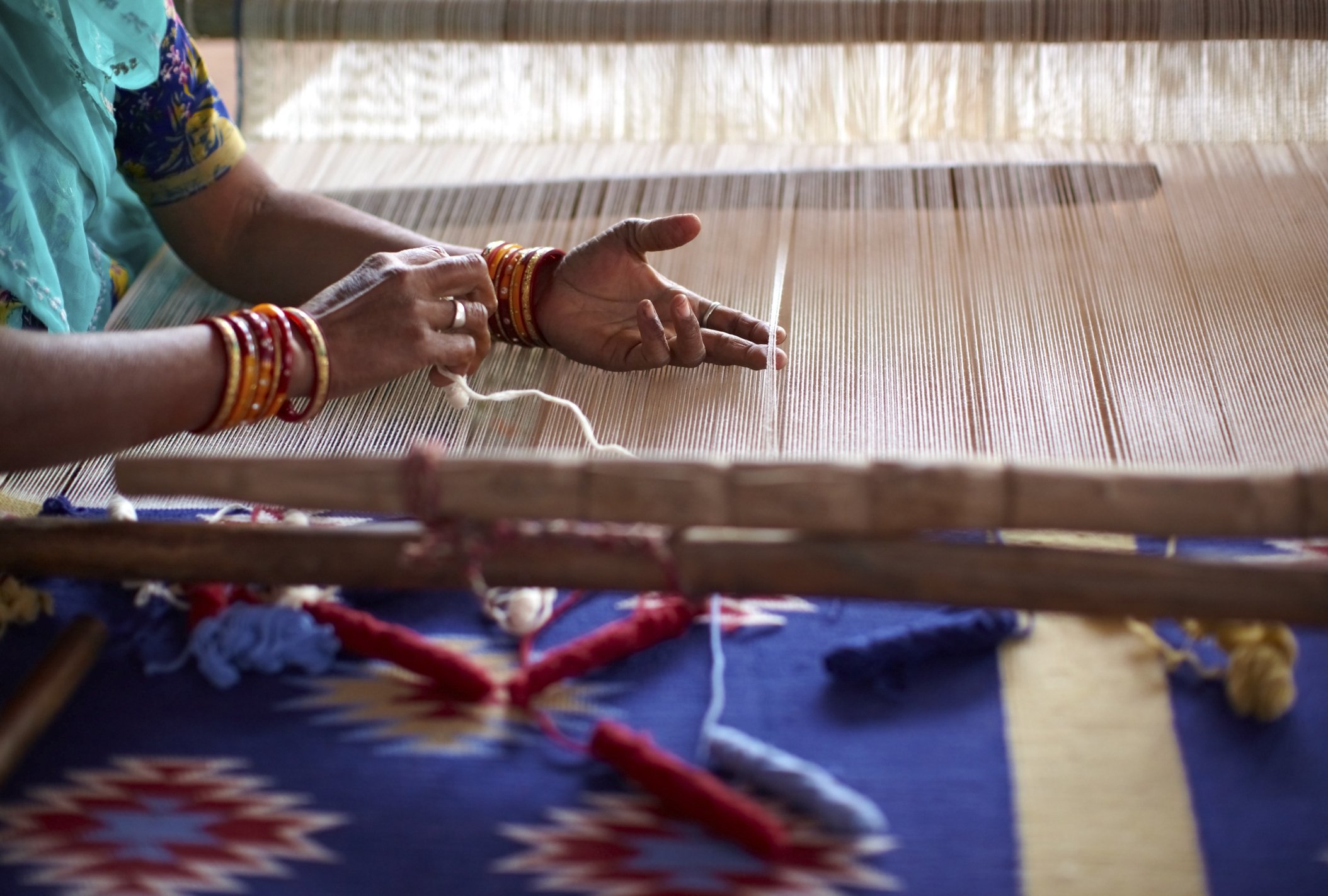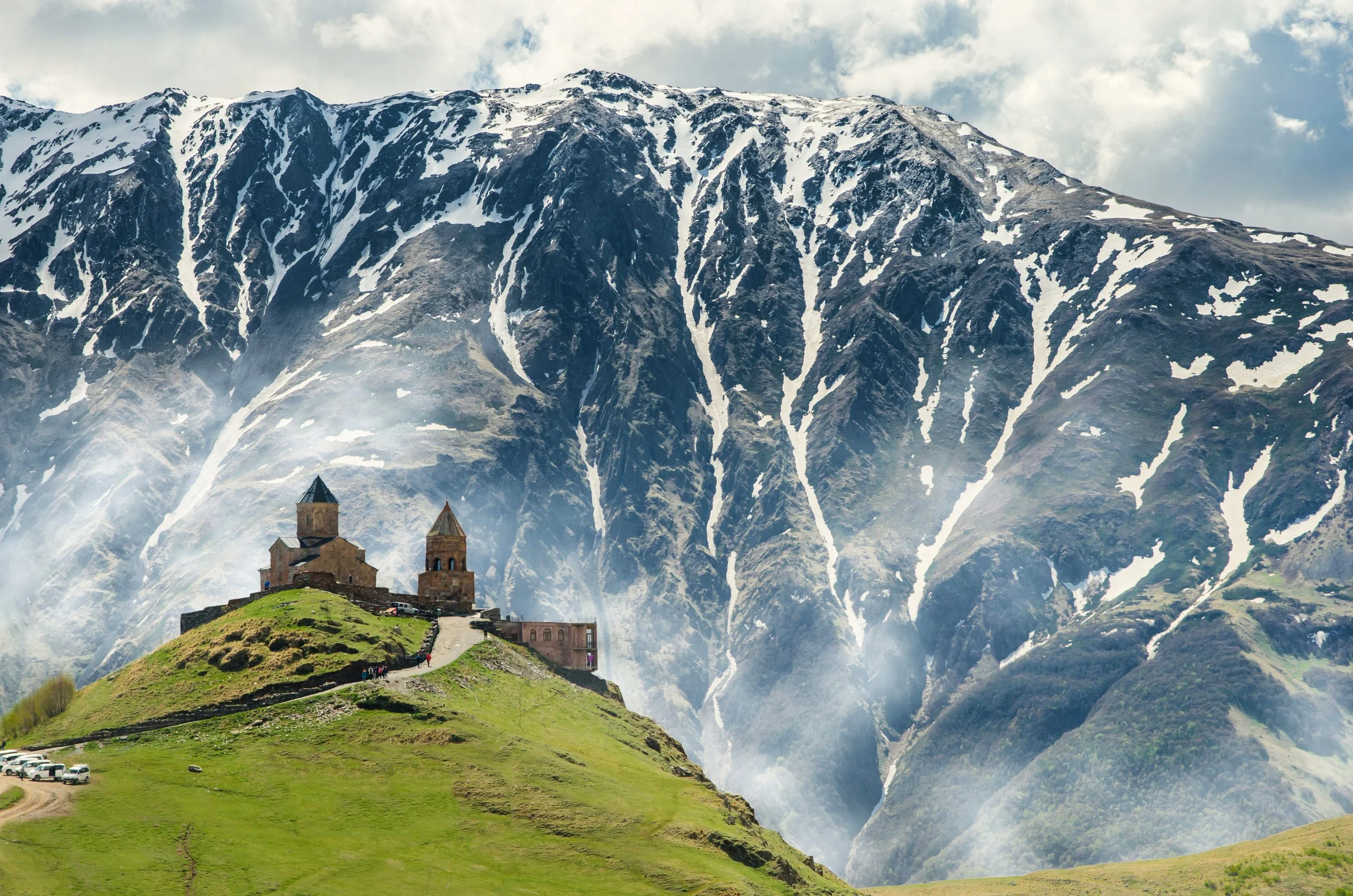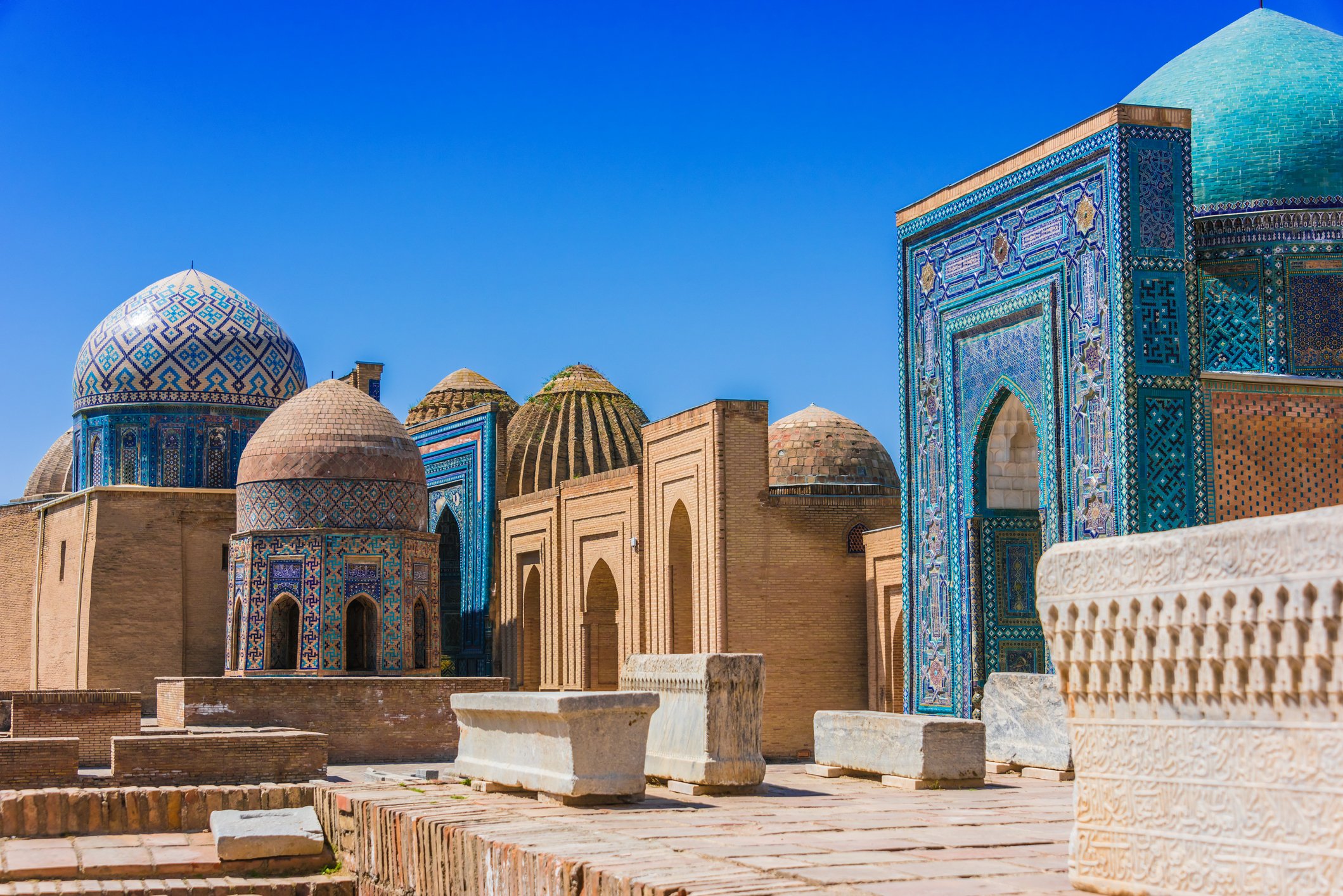
Asia
Asia offers a stimulating range of experiences and a wealth of culture.
Upcoming Tours
Asia is a continent of contrasts where ancient traditions and practices coexist with cutting-edge innovation and dynamic cities.
From India’s textile artistry to Taiwan’s vibrant arts scene, our small-group journeys offer an enriching exploration of Asia’s most captivating destinations.
-

The Caucasus
Azerbaijan, Georgia & Armenia
| 19 Days |
Discover the fascinating history of this region, which lies at one of the great crossroads of trade, faith and culture.
-

Fabric of Southern India
Textiles & Crafts From Chennai to Kochi
| 19 Days |
Discover a treasure trove of vibrant textiles, skilled artistry and traditional crafts as we journey across the south of India.
-

The Five Stans
Kazakhstan, Kyrgyzstan, Uzbekistan, Tajikistan, Turkmenistan
| 26 Days |
Uncover the wonders of Central Asia on a journey linking the great Silk Road cities and remote towns of the five Stans. -

Taiwan
Cultural Treasures & Inspiring Landscapes
| 13 Days |
Explore this overlooked jewel among Asia’s diverse destinations, with a thriving arts scene and a vibrant traditional culture.
Feb 21 - Mar 5, 2026 | Places Available >
-

Uzbekistan & Turkmenistan
A Journey through Central Asia
| 17 Days |
Follow the footsteps of travellers past, journeying through the Silk Road cities that linked Europe and the Far East.
-

India's Mughal Empire
Hilltop Forts, Lakeside Palaces & Desert Kingdoms
| 16 Days |
An immersive journey through northern India, exploring the legacy and grandeur of the Mughal emperors.
MEET OUR TOUR LEADERS
Passionate, prepared and professional, our tour leaders are the key element in bringing a wealth of knowledge to your travels.
